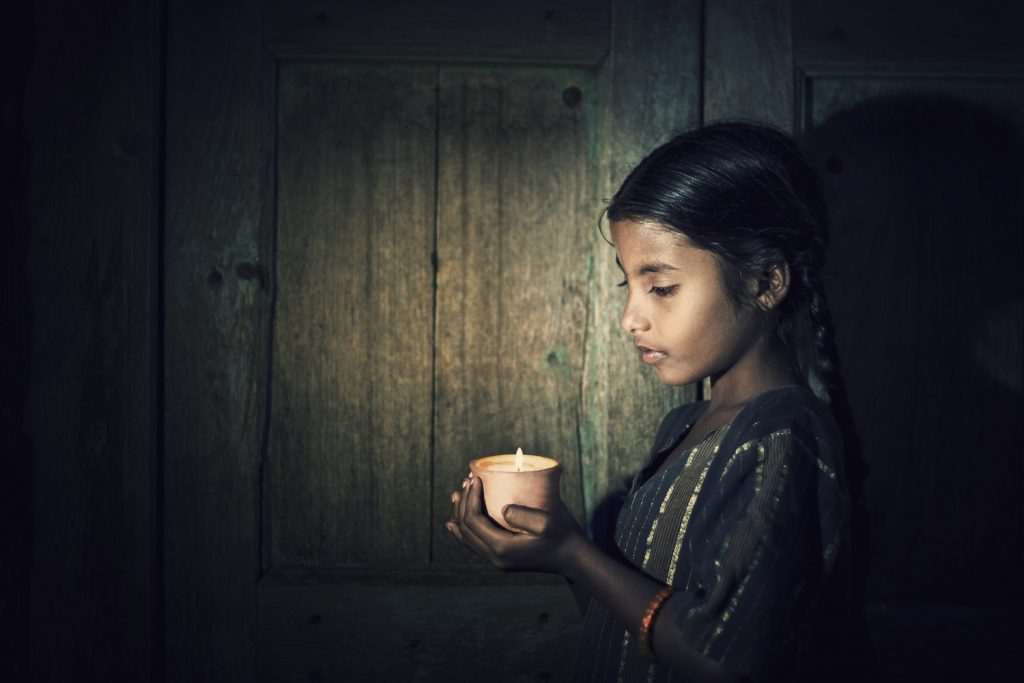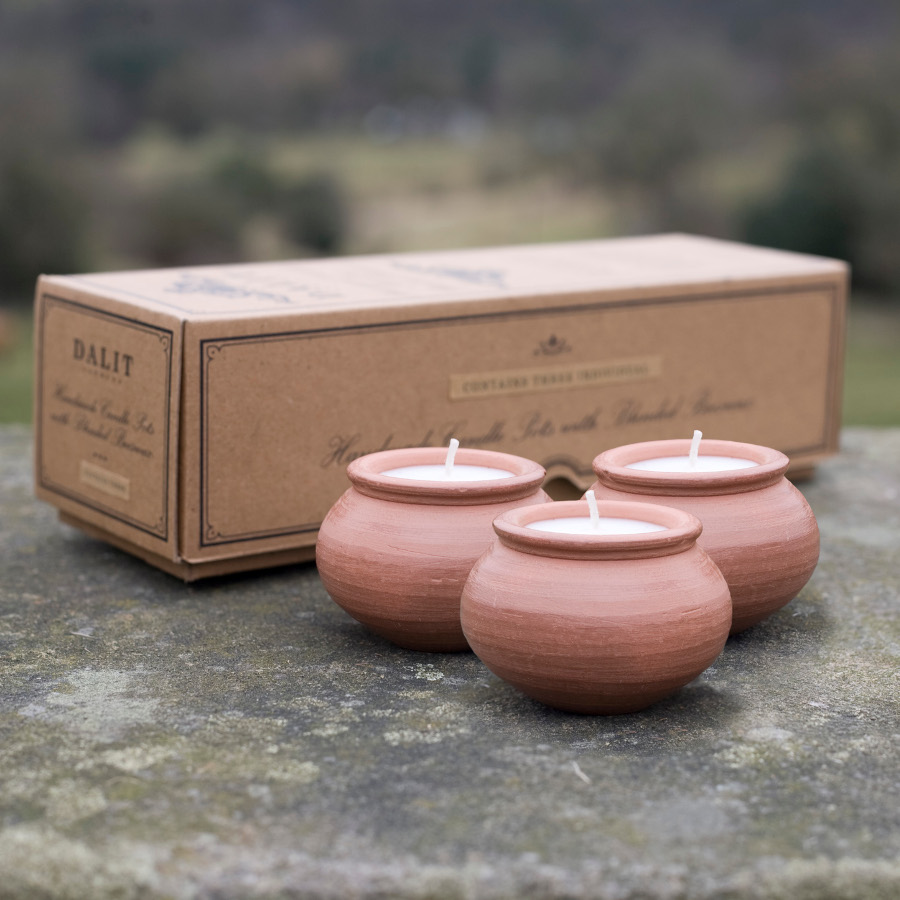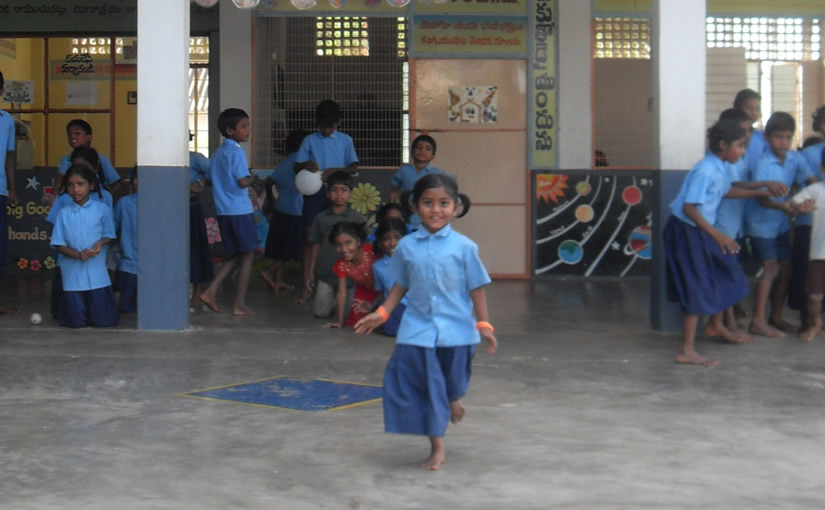The summer holidays have started, and almost as soon as they do you’ll start seeing all sorts of ‘Back to School’ messages, promotions and things to buy. When I was at school nothing beat the excitement of the long, long summer holidays, at the beginning it seemed like they would go on forever and school became a distant memory very quickly. I used to get very annoyed to see back to school promotions in shops sometimes only a week after school had broken up, and they became even more depressing as the seemingly endless summer holidays were coming to a close, I didn’t need to be reminded of this fact! But it’s easy to take school for granted, whilst it may have seemed like a chore to go to, many children around the world don’t get this same chance and would love to have the same opportunities. For parents it’s also easy to take it for granted that your child will have the chance of a good education and the opportunity to go on to further study for find a job after this. This is not something the Dalit people of India can expect.
Dalit, meaning scattered/broken in Hindi is a term mostly used for the ethnic groups at the bottom of India’s rigid social order known as the caste system. Under the caste system, people are not made equal, by birth your caste determines what opportunities you will have and your future. Four castes exist in Hinduism created by the four parts of the body of the god Brahmin. The Brahmin, originally the priests and intellectuals were from the head, the Kshatriyas who were soldiers from the arms, the Vaisyas who were traders from the thighs and the Sudras from his feet. Beneath the Sudras are the Untouchables or Dalits who were rejects from the social order, not being made by God. Dalits are not part of the caste system, with a new fifth group created for them, created to perform tasks considered too menial or degrading to be performed by caste members. Dalits were consigned to be manual scavengers, removers of human waste and dead animals, leather workers and cobblers. The mere touch of a Dalit was considered polluting to a caste member so the concept of “untouchability” was born.

Dalit communities existing in India make up 17% of the population. In 1997 India elected its first Dalit President Kocheril R. Narayanan and whilst under him caste based discrimination was prohibited and untouchability abolished by the Constitution of India, such practices are widespread. According to a 2007 report by Human Rights Watch the treatment of Dalits has been like a “hidden apartheid” and that they regularly “ensure segregation in housing, schools and access to public services”
Dalits can face discrimination from an early age, Dalits constituted nearly half of all primary school dropouts in Karnataka between 2012 and 2014. A study funded by ActionAid found that among state schools in Madhya Pradesh, 88% discriminated against Dalit children and in 79% of the school studied Dalit children are forbidden from touching mid-day meals. Many schools require them to sit seperatley at lunch and requires them to eat with specially marked plates. The discrimination goes on through life, affecting healthcare and nutrition, crime and segregation.
We are proud show support by stocking Dalit Goods who make beautiful handcrafted candles spices and gift sets. Whilst these make great gifts there is also a message with them, and a message you can help spread. Dalit Goods was launched in 2010 by Life Association to raise awareness of the Dalits’ plight and also raise funds for the charity.

Life Association has been building schools and children’s homes amongst Dalit communities in India for 20 years. The idea for Dalit Goods came about from a trip to India by Life Association director Simon Hawthorne. Whilst there he noticed a large number of smashed clay pots around the slum areas of Mumbai. The clay pots turned out to be drinking pots which for thousands of years the Dalit people have often been forced to drink from and then smash on the ground as a sign of their supposed untouchability. This powerful symbol of oppression inspired Simon to launch the range of Dalit branded goods. The goal with Dalit goods is to cover as much of the overheads of the charity as possible through trade so the maximum amount of any donations they receive can directly to their work in India. Their range of hand crafted pots are made in Dharavi, India’s largest slum and provides work for the potters there.
Life Association Projects
Uttah Pradesh
Life Association built their first school in 1993 in Uttar Pradesh which now has over 450 children attending with 95% going on to further education at college or university.
Machhilipatnam
Situated in a slum village in the coastal town of Machhilipatnam, the school was opened in 2010. The village suffered from cases of leprosy and extreme poverty. The children were employed as rat pickers at the local station or rag pickers earning just a few rupees a day with non of them receiving any education. The school now provides an education or 125 Dalit children as well as healthcare and food.
Gannavaram, Andhra Pradesh
The Gannavaram project opened in 1997 and provides food, education, a home and all the health care needs for 80 children from some of the poorest backgrounds.
Mumbai
Mumbai is where the Dalit Goods business is based and has a home for street children who are adopted for life. Over the years the home has helped many children get off the streets and out of a life of misery to go one get married and have their own families. All of the Dalit Goods are named after the children from the projects, including some of them in the picture including Ajay, Vishal, Murgan and many more!

Madurai, Tamil Nadu
The Life Association took on board a school in Madurai for special needs and disabled children in 2013.
During the menstrual cycle Dalit women suffer the indignity of being considered untouchable by, not just the higher castes, but even their own caste. At this time they are considered unclean and unfit to enter temples, prepare food or attend weddings, it is only made worse by extreme poverty which leaves millions of women to resort to unclean cloths and unsterile materials. Life Association have recently set up a small production unit at Madurai to provide affordable hygienic and clean towels and also giving employment to some of the young adults in the special needs programme.
Vellore
In the Vellore District Life Association run a community empowerment project called Bloom. Bloom sponsors a tuition project for children living in poverty, providing nutritional and educational support.
Please visit the Life Association website to find out more on how you can support the charity.


